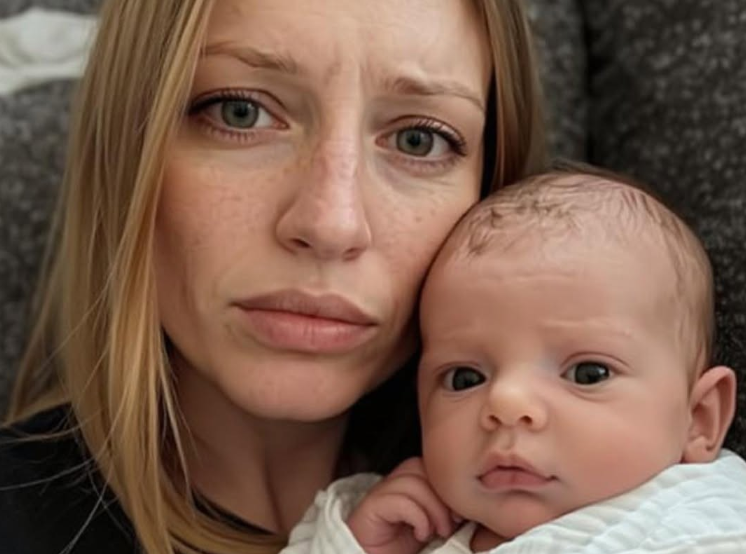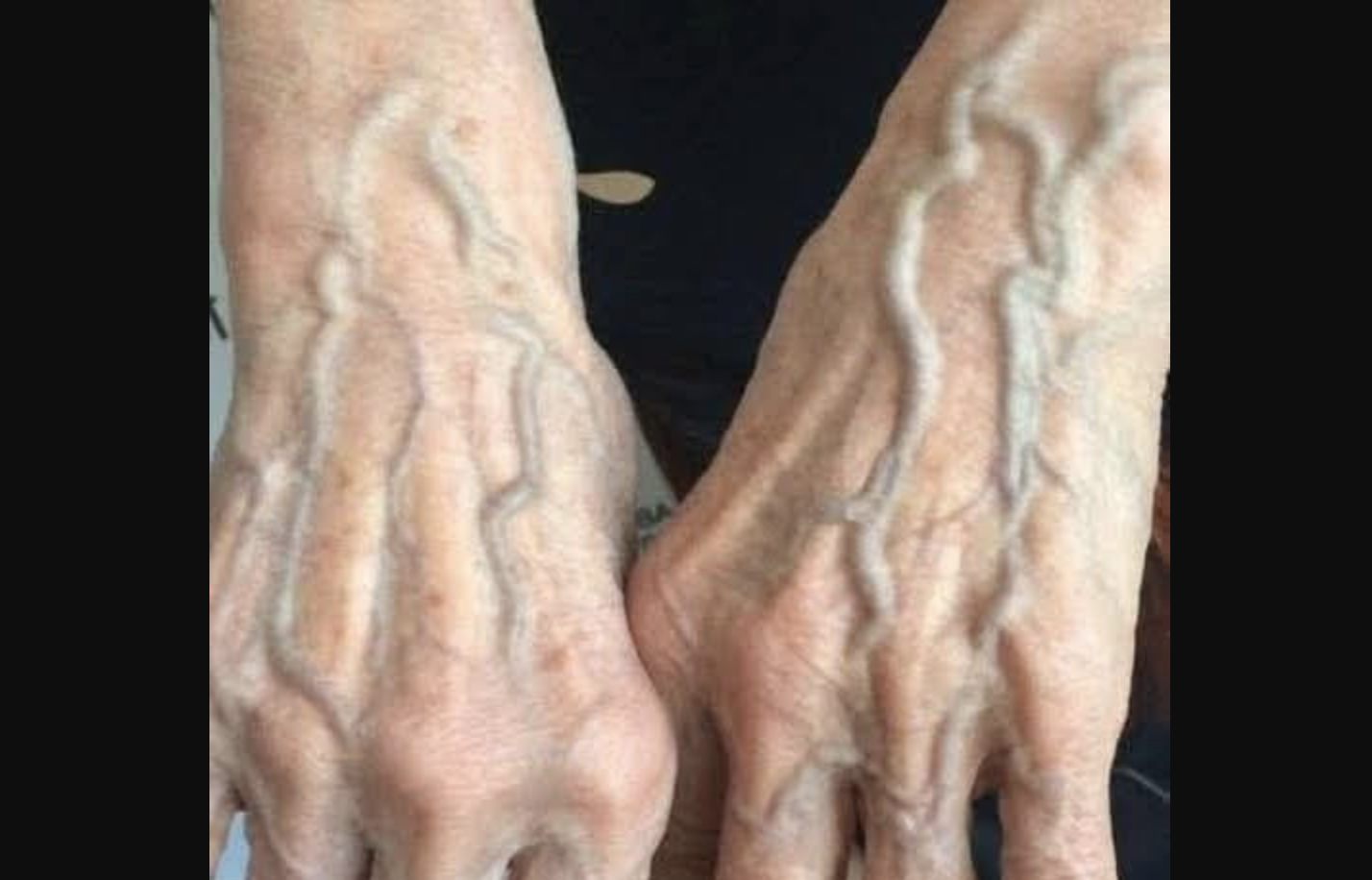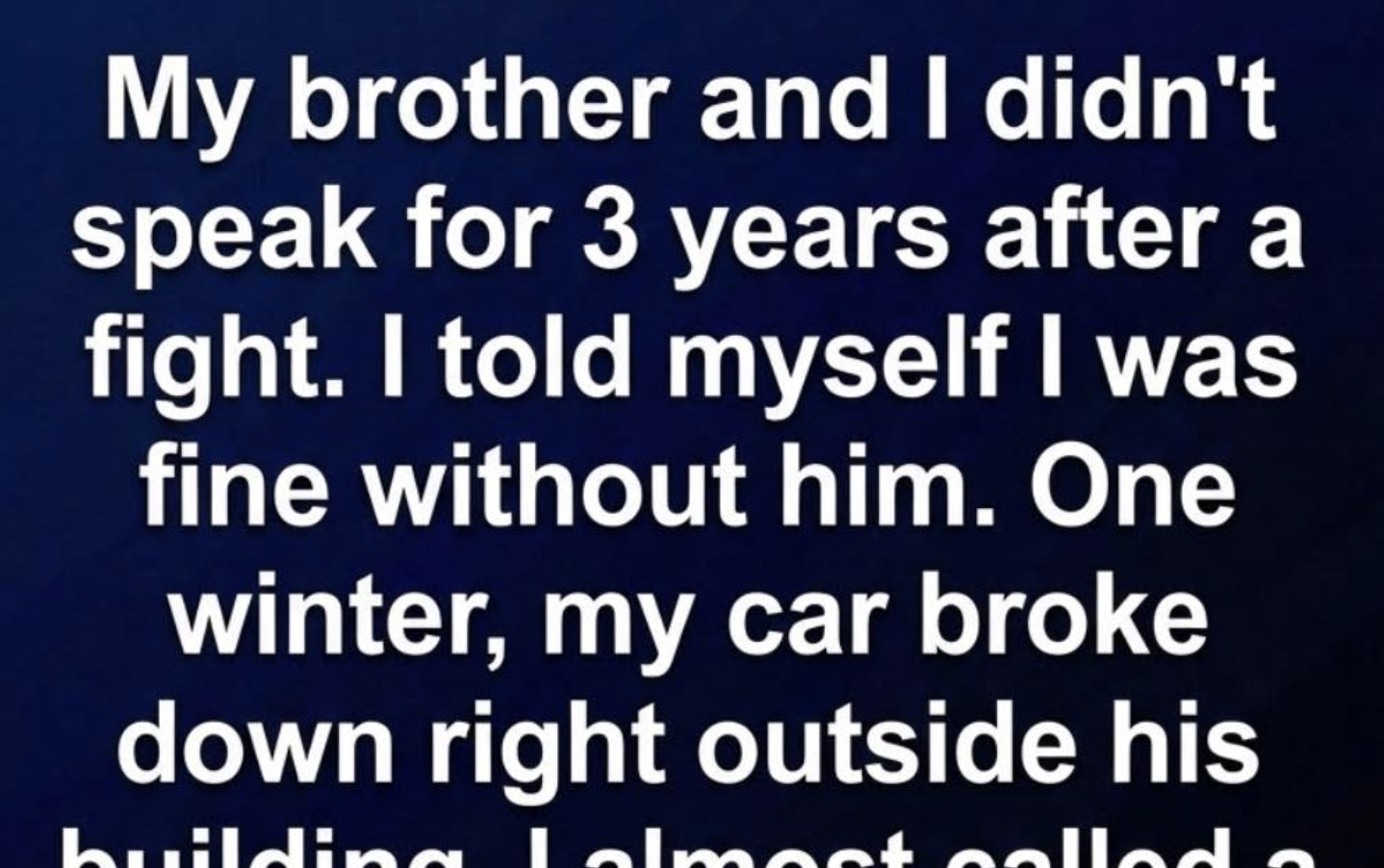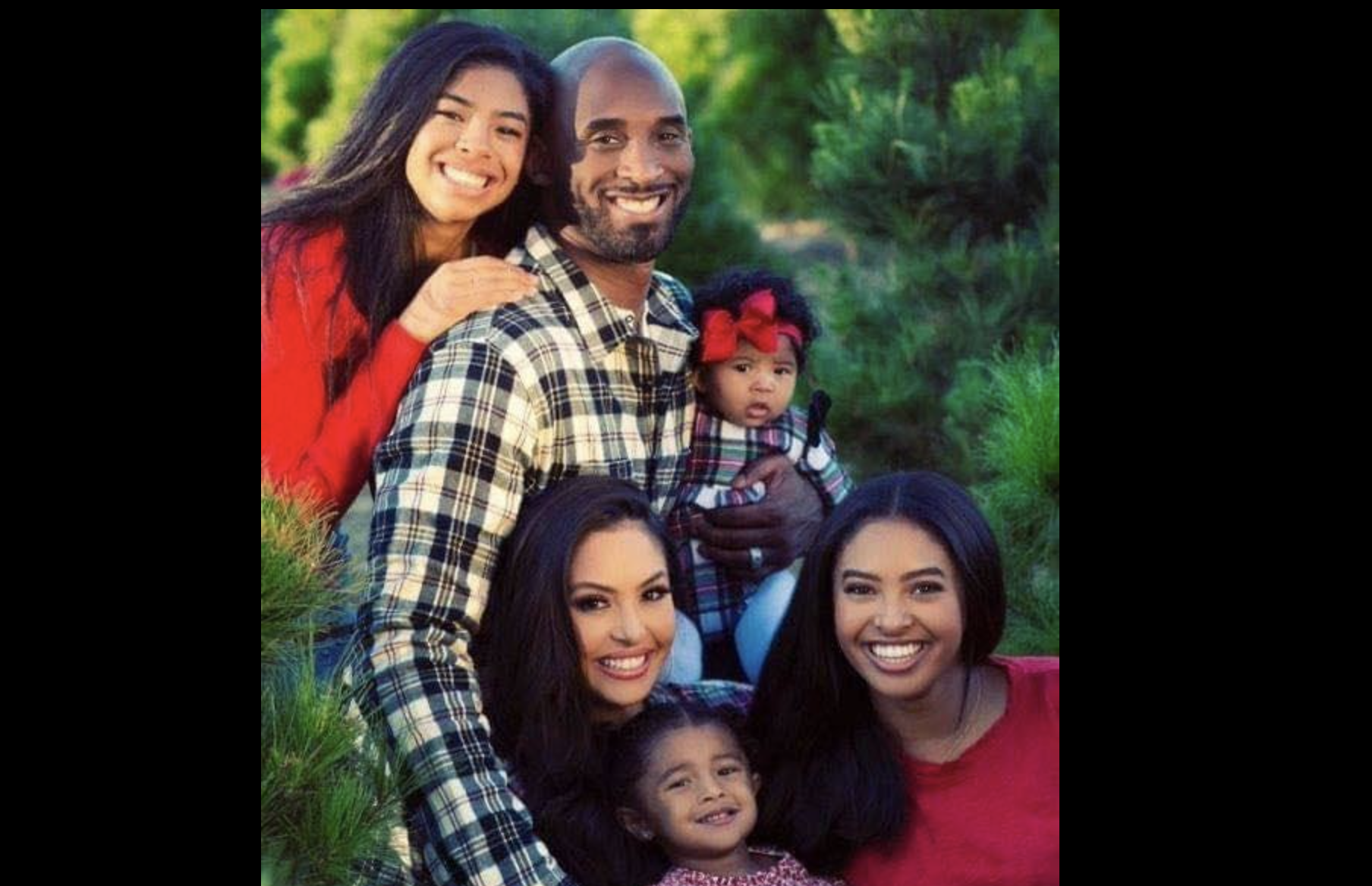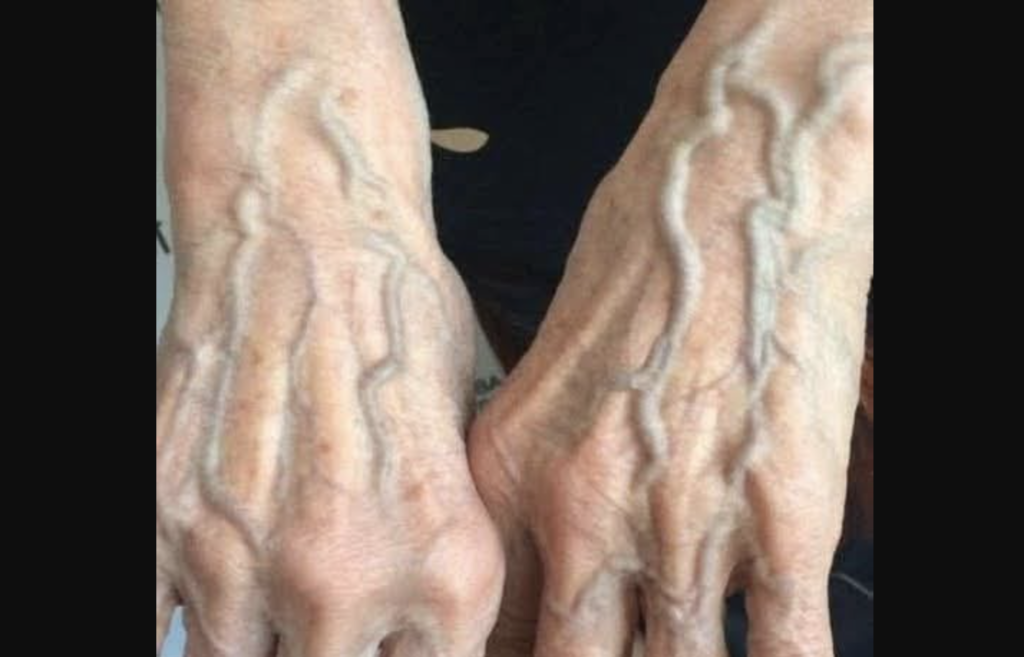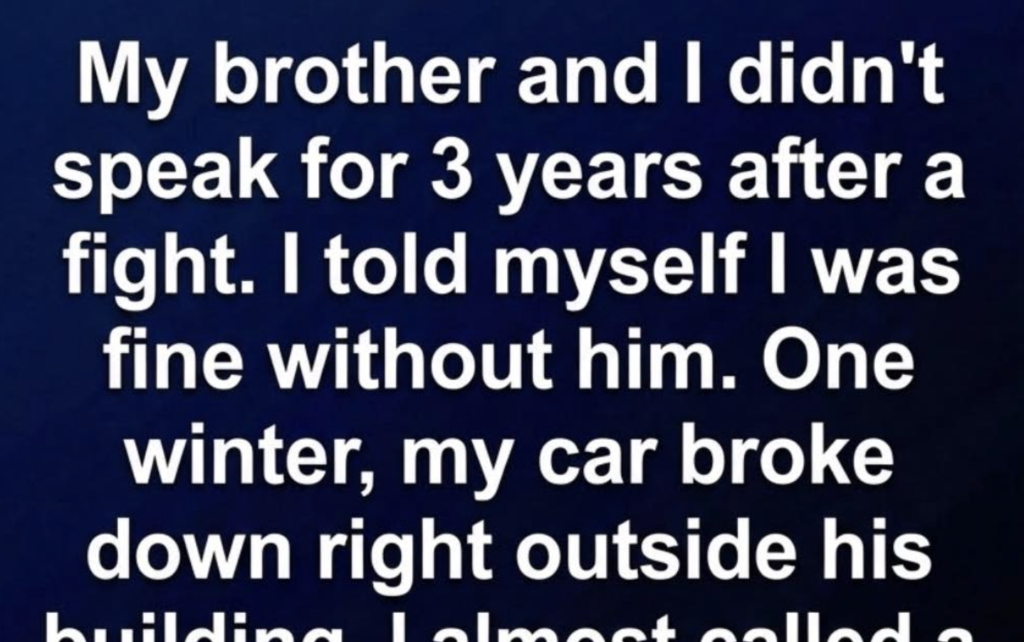At 30, I share my life with my husband, Drew, and our six-month-old daughter, Sadie — a radiant burst of joy. A vicious virus struck me: high fever, relentless coughing, and barely enough strength to stand. I was drained, still recovering from Sadie’s recent cold. I longed for Drew to support me. Instead, he labeled my coughing “intolerable,” grabbed a suitcase, kissed Sadie (but not me), and left for his mother’s house.
I sat on our couch, cradling our sobbing baby, anger and emptiness swirling within me. His text arrived: “You’re the mom, you’ve got this,” with no follow-up to check on us. I powered through that weekend with Tylenol and sheer determination, then decided: I would never plead for help again. Silently, I began preparing — contacting a lawyer, gathering documents, opening my own bank account — all while maintaining a facade of normalcy.
When Drew returned after two days, behaving as if nothing had happened, I smiled and carried on for two weeks, finalizing my arrangements. Then I told him I was visiting my mom — and I didn’t return. His calls shifted from irritation to panic to desperate pleas. My lawyer delivered the papers: separation, custody, financial details. I had evidence — timestamps, receipts, and his text messages — proving he abandoned us during my medical crisis.
Months later, the divorce was finalized. I relocated two hours away, nearer to my mom. Sadie’s laughter now echoes through our cozy townhouse, and I rest without that familiar heaviness in my chest. Sadness lingers at times, but illness exposed Drew’s true character — it didn’t transform him. I chose security and a positive example for my daughter.
Half a year later, Drew showed up at my door, gaunt and full of apologies, claiming therapy had changed him. I told him I had already offered my final chance. He’ll have visitation as per the court order — nothing beyond that. I shut the door and murmured to Sadie, “You are my priority, always.”
